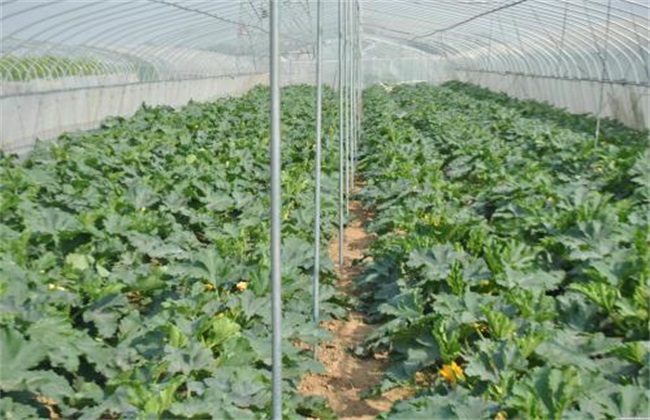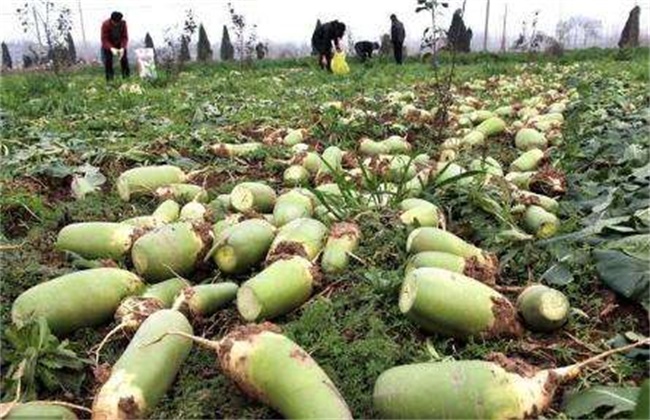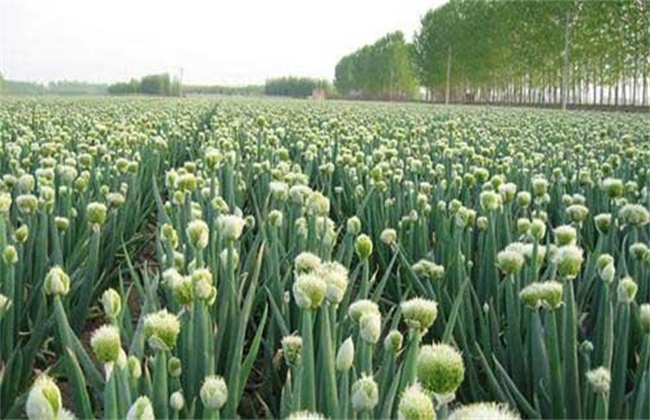Misunderstanding of fertilization for vegetables in greenhouse
At present, the planting mode of vegetables is mainly in the greenhouse, although the input of vegetables in the greenhouse is higher than that in the open field, but its output is also very high. Therefore, it is loved by many growers, in the greenhouse vegetable production, fertilization is very important. And many vegetable farmers actually have a lot of misunderstandings when applying fertilizer. So what are the specific misunderstandings? Let's take a look at it with the editor.

1. Trace elements as base fertilizer
When many vegetable farmers grow vegetables in the greenhouse, in order to be greedy, when applying base fertilizer, they will add trace elements to it. Although some trace elements can be used as base fertilizer, there are also some elements which are difficult to transform and oxidize, resulting in the loss of fertilizer effect. For example, ferrous sulfate is easy to form trivalent iron in the soil, resulting in the loss of its original value, so trace elements had better be foliar fertilizer, which can be absorbed by vegetables as soon as possible, and the effect is more obvious.
2. Ammonium sulfate and ammonium bicarbonate
When some growers plant, in order to achieve the purpose of promoting plants, they will apply nitrogen fertilizer without control, and ammonium bicarbonate and ammonium sulfate are the common fertilizers. Ammonium bicarbonate is very easy to produce a large amount of ammonia after being applied to the soil. If the permeability of the greenhouse is poor, it is easy to smoke roots and leaves, resulting in fertilizer damage to the plant. Ammonium sulfate is a kind of acid fertilizer, which can easily lead to excessive acid in the soil. Therefore, in fertilization, we should pay attention to control the amount of ammonium sulfate, ammonium bicarbonate and other fertilizers, reasonable application of base fertilizer can ensure that there are sufficient nitrogen elements.
3. Base fertilizer contains a large amount of diammonium phosphate.
The main components of diammonium phosphate are nitrogen and phosphorus pentoxide, without any potassium element. But in vegetable cultivation, potash fertilizer is very important. Therefore, when applying base fertilizer, we should pay attention to control the content of diammonium phosphate, prevent the production of too much available phosphorus in the soil, and avoid inhibiting the absorption of potassium by vegetables. And phosphorus is also easy to have chemical reactions with calcium, iron, aluminum and other substances, thus affecting the utilization rate, so we should pay attention to the rational use of diammonium phosphate.
4. Use unripe farm manure
Farm manure, as a natural fertilizer, is very beneficial to the growth of vegetables. However, when applying farm manure, we should pay attention to keep it fully mature, if it is not mature, farm manure will produce a lot of ammonia. Plants are also prone to root burning, causing a variety of diseases and insect pests, seriously affecting the growth of vegetables. Therefore, when applying farm manure, we must pay attention to fully mature farm manure. And also pay attention to the use of potash fertilizer, potassium is an indispensable element for vegetables to blossom and bear fruit. Many people also have the misunderstanding of applying too little potash fertilizer in planting, so we should pay more attention to it.
The above is a brief introduction to the misunderstanding of fertilization for vegetables in the greenhouse. That's all for today's introduction. This article is for reference only. I hope it can help you all.
Related
- Where is it suitable to grow horseradish in China? it is expected to see the middle altitude horseradish in Alishan.
- How to prevent tomato virus disease reasonably? (Control methods included)
- Many people like to plant towel gourd on the balcony. What are the main points of this method and management?
- What crops can chili peppers be mixed with?
- Fertilization techniques and matters needing attention in Tomato
- What are the grafting techniques for peach seedlings in spring?
- Harm and control methods of root swelling disease of Chinese cabbage
- What are the pests of sweet potatoes? How to prevent and cure it?
- Symptoms, causes and Control methods of navel Rot in Tomato
- The cause of "Cucumber rotten bibcock" in Farmers' planting Cucumber and its Control Plan



